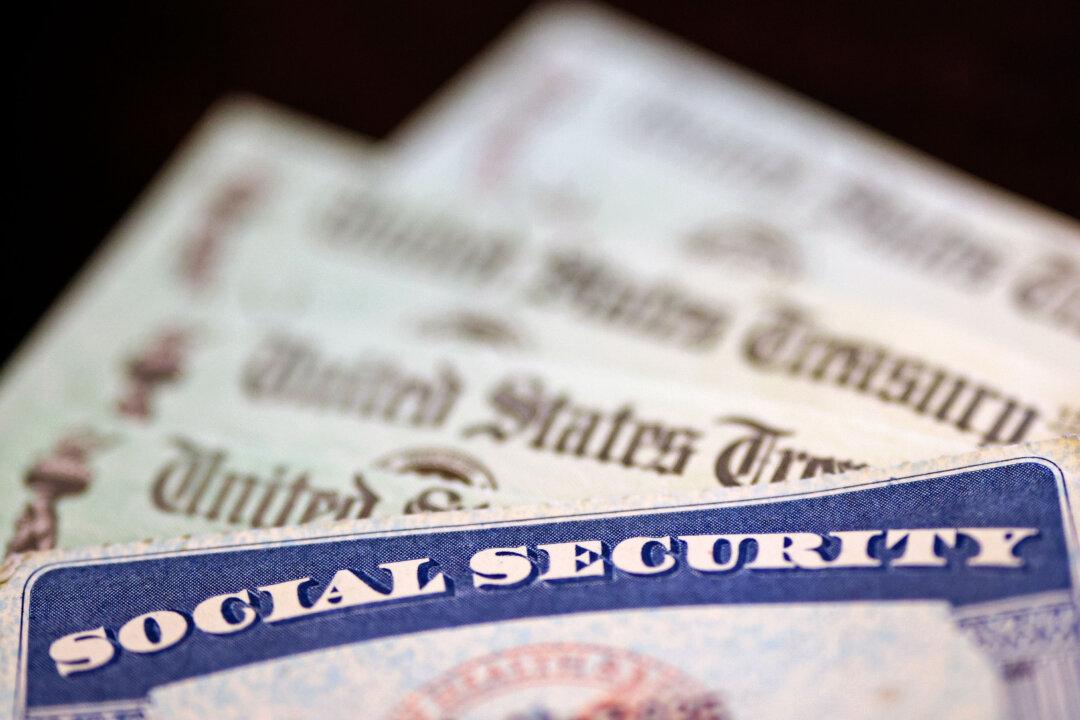Scammers are targeting Americans receiving Social Security payments with a scheme related to the annual cost of living adjustments (COLA), according to the Social Security Administration (SSA).
The scammers are spreading false information that beneficiaries need to take certain actions to access the COLA increases, the SSA’s Office of the Inspector General (OIG) said in an Oct. 11 statement.





